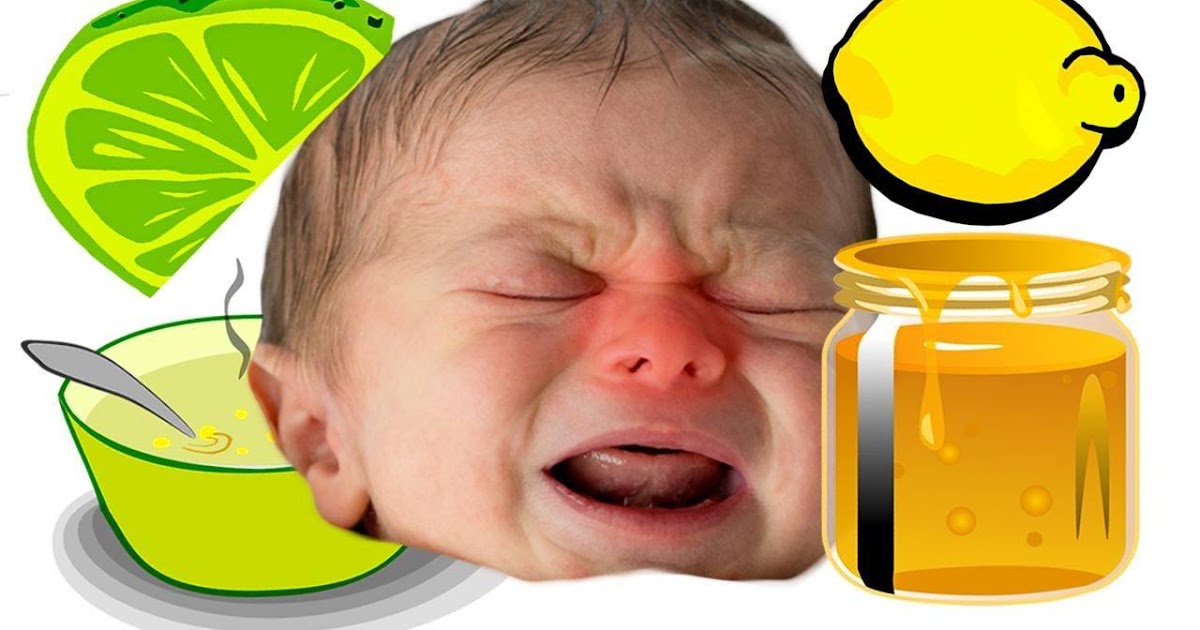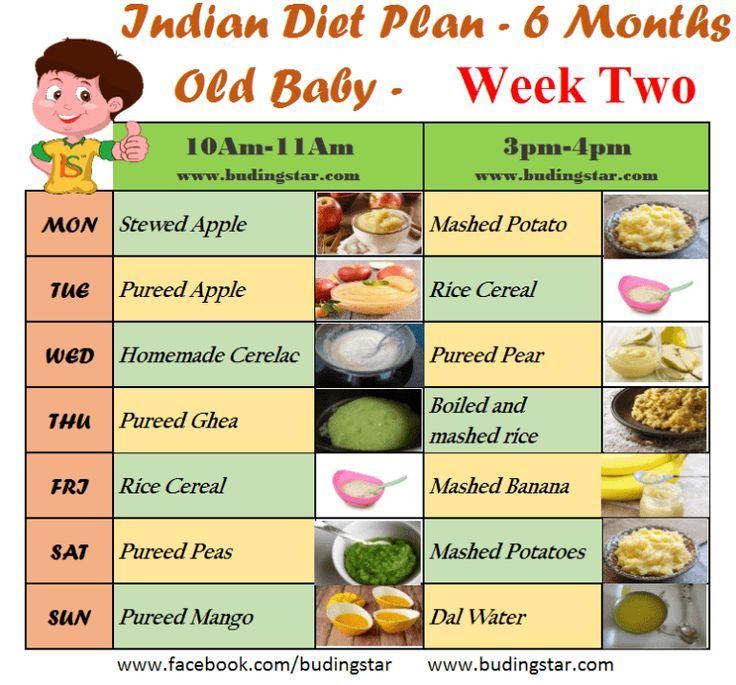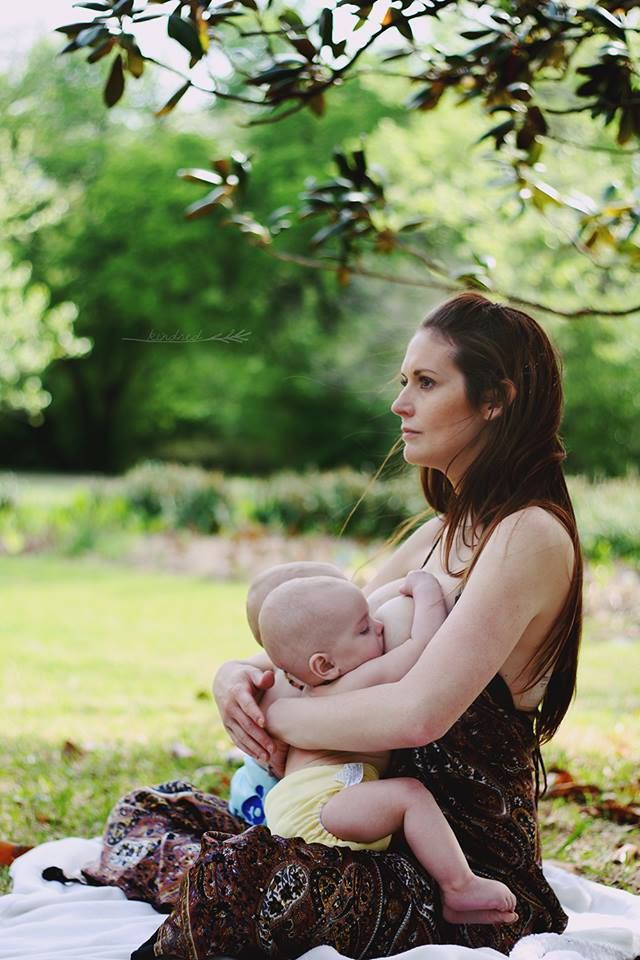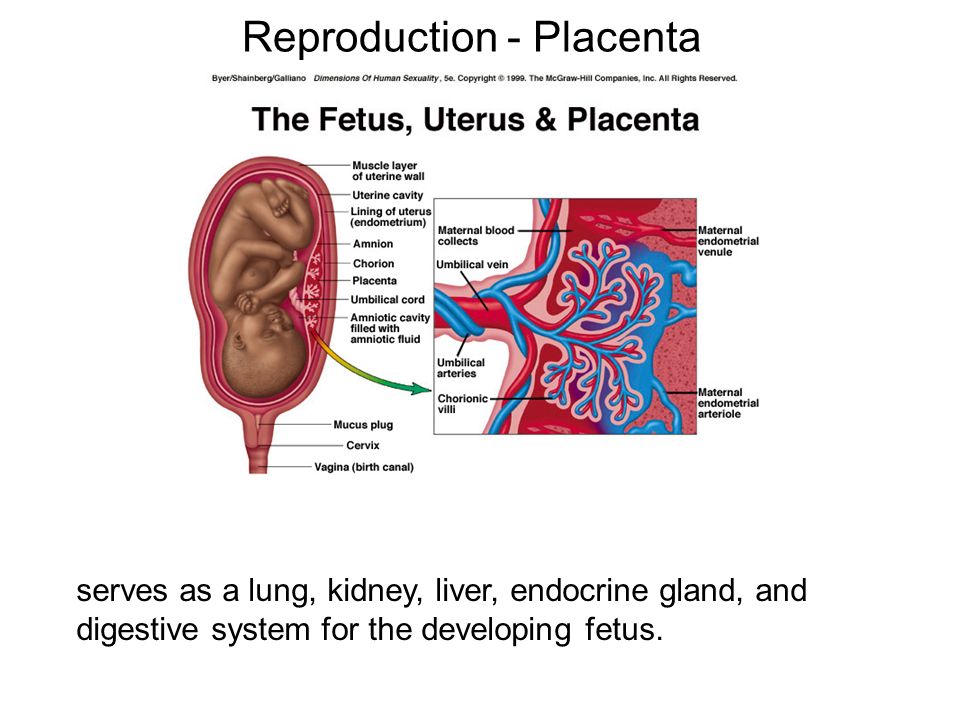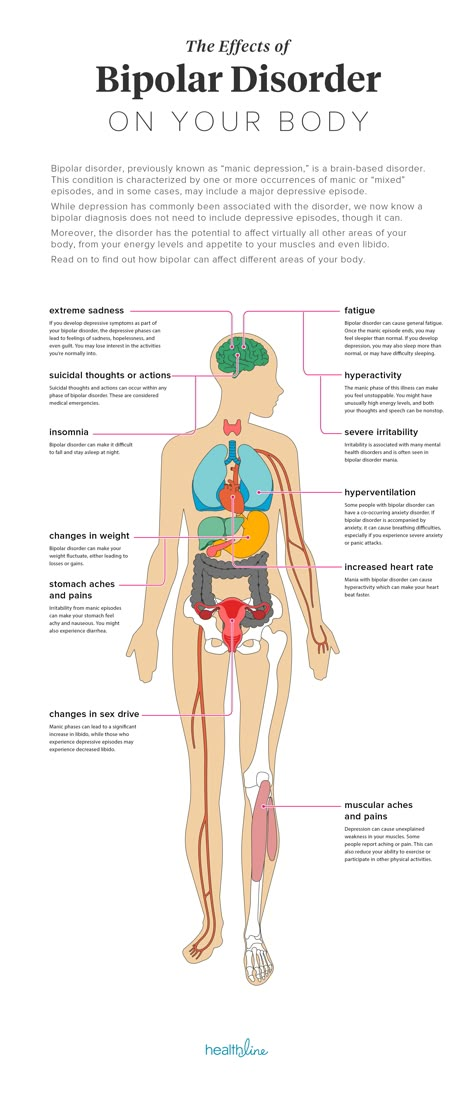Nine months baby development
Your baby's developmental milestones at 9 months
Explainer
Everything you need to know about your growing 9-month-old.
UNICEF
By 9 months, your baby is much more mobile and likes to explore. Babies at this age are crawling and can raise themselves to stand, so safety in the home becomes an important issue as your baby's curiosity (and mobility) grows. Your baby now responds to her/his name, loves to cuddle with family members and may show shyness or fear of strangers. Games like peek-a-boo and pat-a-cake are sure to be a big hit with your 9-month-old.
| Social and emotional |
| Language and communication |
| Brain development |
| Movement and physical development |
| Food and nutrition |
| Things to look out for |
| Tips and resources |
| < Back to Parenting Milestones |
Social and emotional milestones at 9 months
Some of the ways you’ll see your little one learning to connect with the people around her at 9 months.
- Starting to cling onto adults she’s familiar with.
- Might be afraid of strangers.
- Has favourite toys that she reaches for often.
Tips for parents
- Follow your baby’s signals by letting her take the lead during playtime.
Language and communication milestones at 9 months
How your baby is expressing his needs.
- Pointing at things with his fingers.
- Understands the word "no" and makes lots of different sounds.
- He’ll start to copy movements he sees and sounds he hears.
Tips for parents
- Because your baby loves to point, read some board books with pictures. He’ll be able to show you what he’s interested in.
- Cut out pictures from magazines and create your own story about the objects or people in the picture.
- Identify the objects your baby notices in his everyday environment or in the house and name them.
 This will help with their linguistic and communication development.
This will help with their linguistic and communication development.
Brain development milestones at 9 months
Your child’s brain is growing!
- Likes to play peek-a-boo and look for things you hide.
- Tracks objects as they fall.
- Moves things from one hand to the other, and likes to put objects in her mouth.
- Picks up small objects with her thumb and index finger.
Tips for parents
- Support and encourage your baby during playtime.
- Help her develop her fine-motor skills by giving her small objects to pick up while under your supervision.
Movement and physical development milestones at 9 months
How he’ll move through his environment.
- Can get into a sitting position and sit without support.
- Pulls up (using furniture for support) to stand.
- Starting to crawl.
Tips for parents
- Place your baby close to furniture so he can try to raise himself up.

Food and nutrition milestones at 9 months
What mealtimes look like at 9 months.
- Enjoys teethers.
- Beginning to eat thicker pureed foods and stays full for a longer period of time after eating.
- Reacts strongly to new smells and tastes.
Tips for parents
Try giving your little one half cup of mashed banana four times a day along with a healthy snack. For more ideas, read our article on Feeding your baby: 6-12 months.
Things to look out for
While all babies develop differently, you should speak to your paediatrician if your 9-month-old:
- Can’t sit without assistance.
- Doesn’t babble.
- Won’t respond to her own name.
- Doesn’t put weight on her legs.
- Doesn’t play any games involving back-and-forth play.
- Doesn’t recognize adults she knows.
- Doesn’t look where you point.
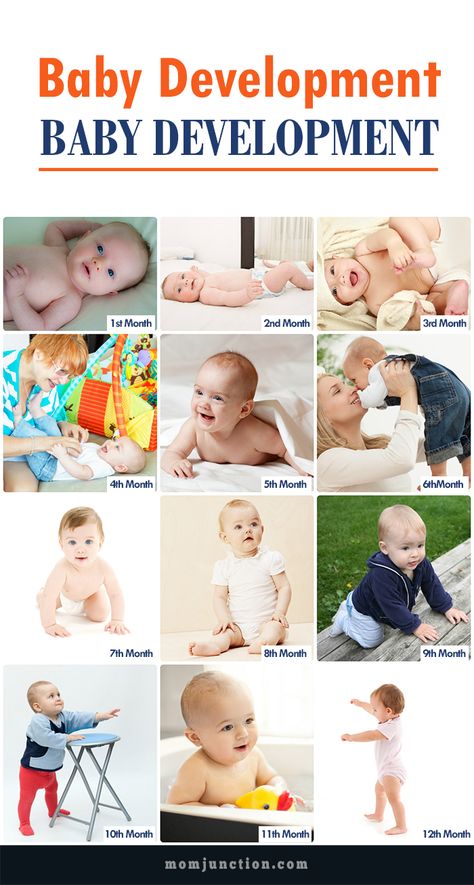
- Can’t transfer toys between her hands.
True or False?
Loading...
Explore age groups
2 Months | 4 Months | 6 Months | 9 Months | 1 Year | 18 Months | 2 Years
< Back to Parenting Milestones
Baby Development: Your 9-Month-Old
Written by Stephanie Watson
In this Article
- Ninth Month Baby Milestones: Motor Skills
- Ninth Month Baby Milestones: Boosting Baby’s Brainpower
- Ninth Month Baby Milestones: Communication
- Tips for Your Baby’s Ninth Month:
Three-quarters of the way through your baby’s first year and there is hardly a trace of that tiny bundle you brought home from the hospital just nine months ago. Now your baby is a mobile, vocal, and very enterprising adventurer.
In this portion of WebMD’s month-by-month guide, you’ll discover what baby milestones you can expect your child to achieve when they are 9 months old.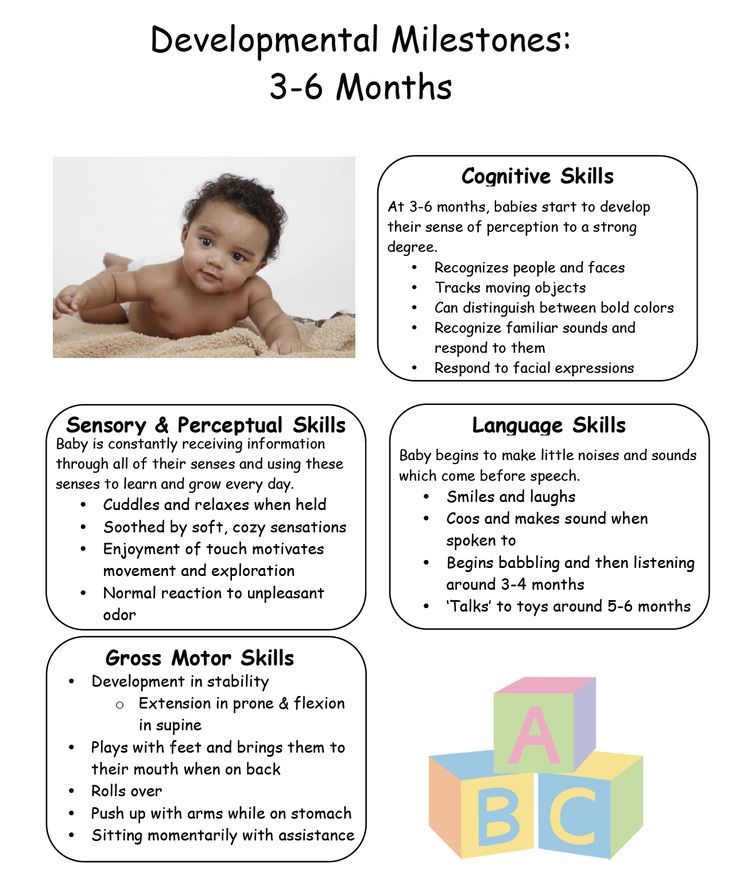
Ninth Month Baby Milestones: Motor Skills
At nine months, your baby has likely become an expert crawler. Some babies are such crawling pros they can hold a toy in one hand while they propel themselves using the other hand and their two knees. Some can even crawl up and down stairs with ease. Just make sure you keep the gate closed unless you’re there to supervise the climbing.
At nine months, babies are also becoming experts at quickly changing position. They can push up to a crawl position, sit back down, and pivot to pick up a toy. Your little one may even be able to pull to a stand, and may soon start cruising around the room while holding onto furniture.
Although those tiny baby shoes might look enticing on the store shelves, you don’t need to invest in shoes until your baby actually starts to walk or is spending lots of time outdoors. For now, barefoot is best when indoors. Standing and walking in bare feet helps them develop the muscles and tendons in their feet. It’s also easier to grip the floor in bare feet. When it gets cold outside, socks with non-skid bottoms will keep your baby’s feet warm.
It’s also easier to grip the floor in bare feet. When it gets cold outside, socks with non-skid bottoms will keep your baby’s feet warm.
In addition to getting ready for walking, 9-month-old babies are also improving their fine motor skills. With their pincer grasp, they’re able to pick up smaller toys, and they can better coordinate the movement of both hands. These little sleuths will use their newfound motor skills to try to figure out how everything works -- which peg fits in the round hole, how cups fit inside one another, and which end of the toy telephone goes over their ear. Just make sure the toys they are playing with aren't a choking hazard.
Remember that each baby’s motor skills develop differently. Some children spend very little time in a developmental phase or may skip over a phase altogether. Talk to your child's pediatrician if you have any concerns, such as your baby not crawling by this age.
Ninth Month Baby Milestones: Boosting Baby’s Brainpower
Your baby’s first year is a crucial time for brain development.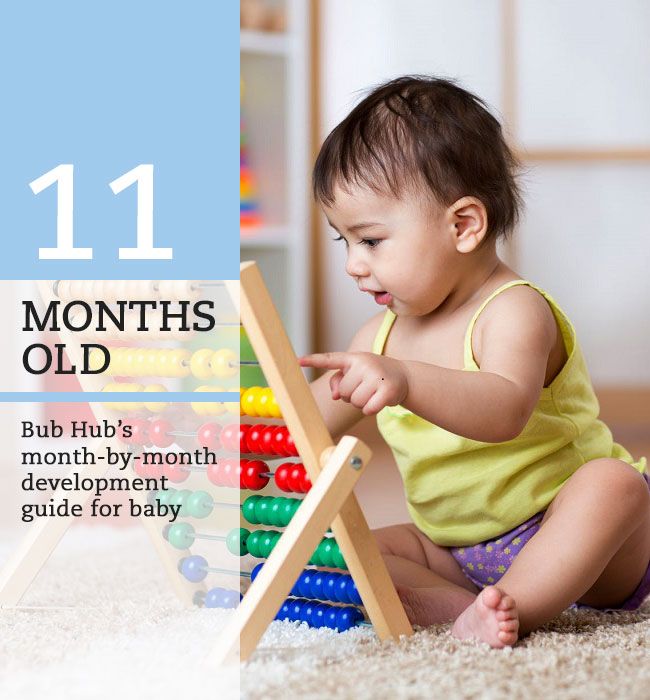 Trillions of tiny connections are forming that will create the foundation for a lifetime of learning. You can accelerate baby’s brain growth by providing a stimulating environment.
Trillions of tiny connections are forming that will create the foundation for a lifetime of learning. You can accelerate baby’s brain growth by providing a stimulating environment.
But you don’t need to invest in a series of expensive videos or teaching tools to nurture a smart baby. No DVD can ever replace the value of human interaction. Reading, singing, and talking to your baby every day are the best ways to bolster brain development. And remember, your child doesn’t need to start reading at nine months to be a smart baby -- they just need to learn and explore new things every day.
Ninth Month Baby Milestones: Communication
If your 9-month-old is like many babies at this age, they may be babbling away nonstop. Those babbles might sound almost like real sentences, although no one will understand them but your baby. However, you may start to recognize a couple of real words, such as “Mama,” “Dada,” or “hi.”
Your baby’s understanding of language is improving, too.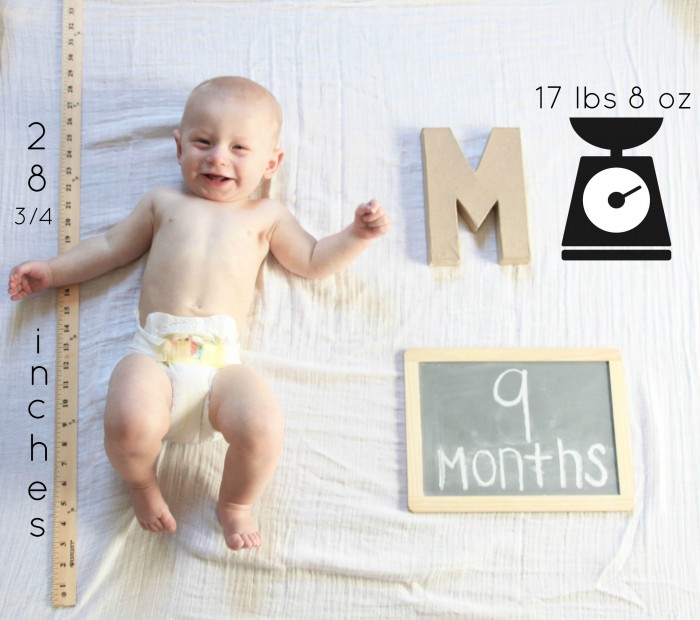 If you ask, “Where’s the ball?” your baby may go pick up a ball. Or you might ask, “Where's the cow?" and they may point to a picture of a cow.
If you ask, “Where’s the ball?” your baby may go pick up a ball. Or you might ask, “Where's the cow?" and they may point to a picture of a cow.
In the brief pauses between babbles your baby is becoming a good listener and reader of body language. You may notice that your baby brings you a favorite toy to see you smile in response. Some babies are effective comedians, even at this young age. They’ll blow bubbles and make funny sounds, just to elicit a laugh from the grown-ups around them.
At other times, your baby will be a lot less happy -- especially when you’re about to leave the room. Separation anxiety is starting to be an issue at this age and so is stranger anxiety. Your baby may express a fear of people and things that never bothered them before. For instance, they may suddenly start crying whenever grandma comes to visit or the lights go out at bedtime. This is because your baby’s awareness and memory are improving. For the same reason, you’ll probably see a few tears when you try to take something away from them. The good news is that 9-month-old babies are easily distracted and the tears shouldn’t last long.
The good news is that 9-month-old babies are easily distracted and the tears shouldn’t last long.
Tips for Your Baby’s Ninth Month:
- Your 9-month-old is eager to move around. Give them plenty of opportunities to crawl, stand, and cruise -- with you nearby to supervise, of course.
- Nine months isn’t too young to start setting limits. Your baby should understand the word “no” or a similar means of communication by now. Use it whenever your little one is about to do something they should not do.
- Hold your baby’s hands and walk around the room together so they can practice getting around on two feet.
what “should be able” to be boys and girls
03/14/2021
12382
14,0003
Development of a child
6–9 months --18 months
Team Babysleep
Team Babysleep
Consultants for SN , doctors, psychologists, breastfeeding consultants
The baby has been with you for 18 months: nine inside you and nine outside.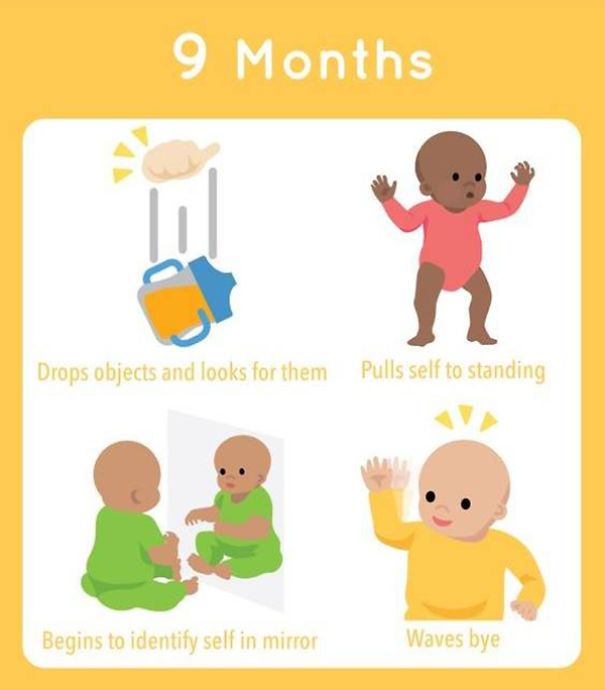 You can even celebrate such an event! Every day, the baby becomes more and more entertaining: he learns to communicate with you and interact with peers, tries pieces of food on his tooth (or gum), masters the skill of walking. But let's talk about everything in order. So, your baby is nine months old...
You can even celebrate such an event! Every day, the baby becomes more and more entertaining: he learns to communicate with you and interact with peers, tries pieces of food on his tooth (or gum), masters the skill of walking. But let's talk about everything in order. So, your baby is nine months old...
Baby's crisis calendar
In this article:
Baby's height and weight at 9 months
Skillful hands: developing hand skills at 9 months
Baby's physical development at 9 months
Baby's mental development at 9 months
Massage at 9 months
Speech development at 9 months
How to play with a baby at 9 months
Toys for a child at 9 months
How sleep and development mutually influence each other
All children are different. Even twins often have different rates of development. Any tables and norms can only serve as a guide. Hardly anyone can feel a child better than a mother and know what and when he needs.
Height and weight of a child at 9 months
How fast children grow! And how pleasant it is for parents to track the dynamics of increasing the growth and weight of babies. Before you have time to look back, you will put cut-offs on the wall with a pencil at the level of one and a half meters... In the meantime, find out the average height and weight of children at 9 months.
These charts were developed by the World Health Organization (WHO) in a study of children around the world. Based on measurements of height and weight in full-term infants who are breastfed at least up to 6 months.
Child's height at 9 months
As follows from the tables, on average, boys grow up to 72 cm by 9 months, and girls - up to 70.1 cm. By the beginning of the tenth month, babies can add another 1.3 cm.
Natalia Trofimova
Senior sleep consultant, pediatrician
Children's height and weight norms are very wide, depending on the term of delivery and birth weight, type of feeding.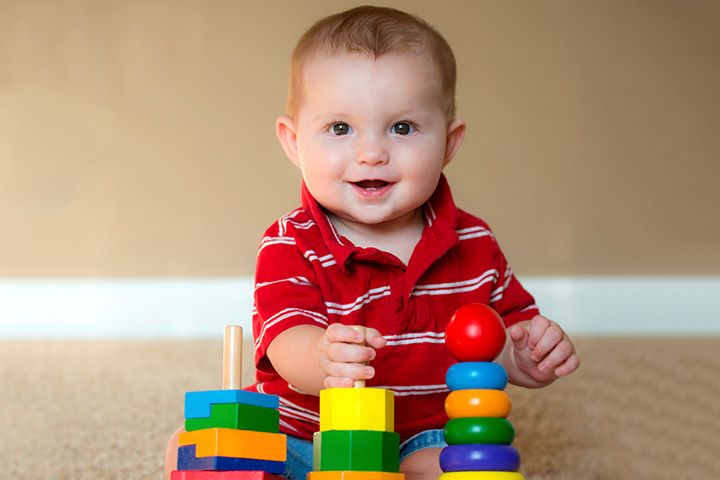 It is optimal when the height and weight indicators are in the same column-corridor (“medium”, “low”, “above average”, etc.) or in neighboring ones. The attention of the pediatrician is required when both indicators are in the extreme columns, or the difference between the corridors of values is 3 or more (for example, weight and height in the first percentile corridor is “very low” or weight in the first is “very low”, and height in the fifth is “higher than average"). 9More than a dream Boys
It is optimal when the height and weight indicators are in the same column-corridor (“medium”, “low”, “above average”, etc.) or in neighboring ones. The attention of the pediatrician is required when both indicators are in the extreme columns, or the difference between the corridors of values is 3 or more (for example, weight and height in the first percentile corridor is “very low” or weight in the first is “very low”, and height in the fifth is “higher than average"). 9More than a dream Boys
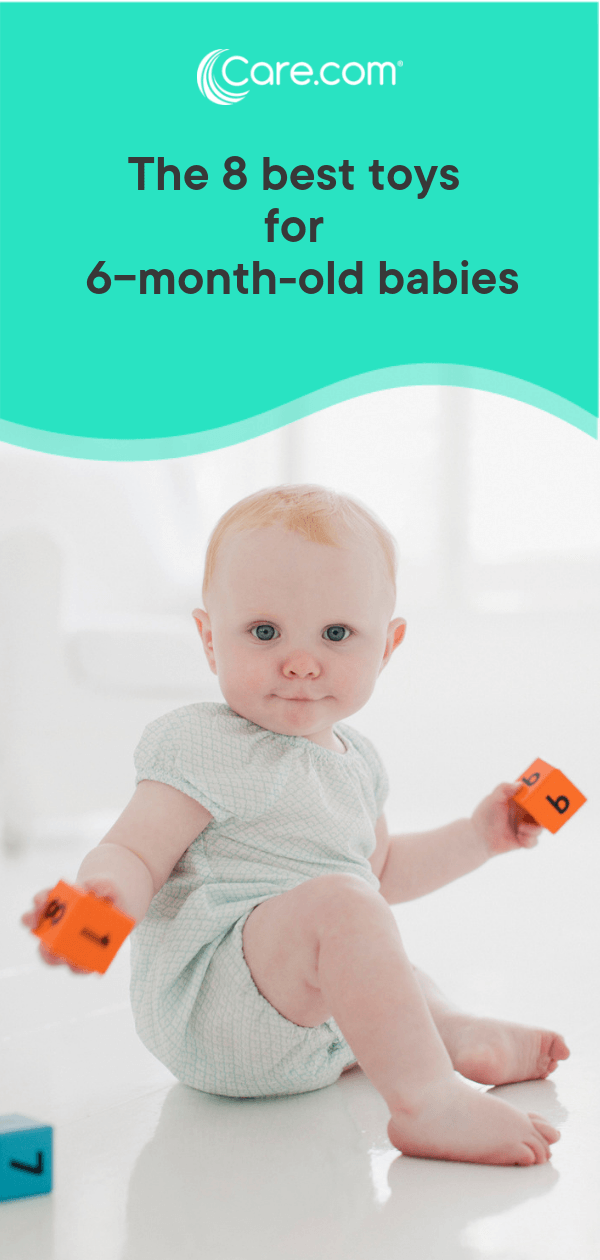 5 9008.
5 9008. Child's weight at 9months
During the ninth month, children gain an average of 300 grams in weight. But the increase can be either more or less than the average value.
Shulamith Volfson
Pediatrician with more than 18 years of experience
It is worth remembering the difference in gains between breastfed and artificially fed children. And also that in the second half of the year weight gain slows down noticeably compared to the first half of the year, this is normal for both breastfed and formula-fed babies.
More than a dream
baby-sleep.ru
Baby's weight at 9 months (kg) Boys
 9
9 months
At 9 months, the baby continues to learn to grasp small objects with two fingers. Can point with a finger at objects of interest, most often these are the eyes and nose of a doll or person. Perhaps, to the delight of parents, the baby is already performing the farewell waving of the pen “bye-bye”.
9 months - the time of the beginning of the development of manipulative activity. The child no longer just shakes the objects that fall into his hands, but learns to interact with them, using them for their intended purpose: he presses buttons, he moves beads on a string, he opens a box, he rolls a ball, etc. You may notice that for more complex actions, the baby often uses one specific hand - right or left.
You may notice that for more complex actions, the baby often uses one specific hand - right or left.
Physical development of a child at 9 months
At this age, the range of physical abilities of babies is very wide. All of them can sit on their own, most of them are already crawling, many stand at the support, and some even walk with the support of a parent! Some babies try to stand without support and take their first independent steps.
If your baby is already starting to walk - with or without support - pay attention to how he puts his legs. The load should be evenly distributed over the sole most of the time.
At the beginning of walking, flat feet (lack of elevated arch of the foot) is a completely common phenomenon, at this stage it is physiological.
Mom is worried this month:
Can I use a walker?
It is not recommended to use walkers, reins or similar devices for first steps.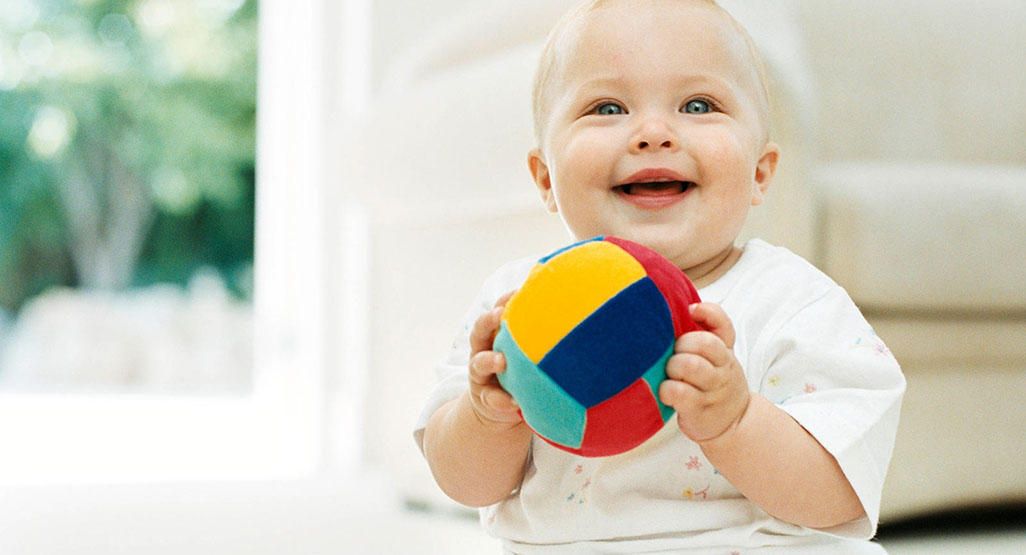 They violate the natural position of the body and the distribution of load on the muscles. When moving to independent walking without support, it will be difficult for the baby to relearn.
They violate the natural position of the body and the distribution of load on the muscles. When moving to independent walking without support, it will be difficult for the baby to relearn.
If a child has several teeth, in addition to pureed baby food, you can include food mashed with a fork into small pieces in complementary foods. It is important that the child chew. To stimulate this skill, sometimes give him a fresh apple or a slice of it. It is very convenient for children to learn to bite off on it. Even if not a single tooth has yet appeared, the child will be able to scrape the apple with his gums.
Contact your pediatrician if by the end of the tenth month the child does not try to stand up at all, does not pick up small objects.
Mental development of a child at 9 months
A nine-month-old child has already passed through the sixth developmental leap or is just completing it. Now he understands speech more, realizes that objects have common features by which they can be combined into groups, plays more concentratedly.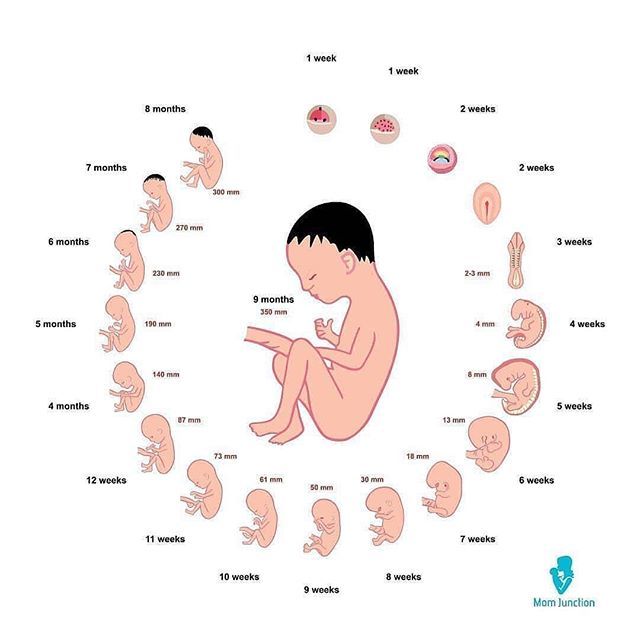
Perhaps the peak of the fear of separation has already passed, and now the baby is ready to move away from the mother a little more. He notices other children: if he hears children's laughter or crying, he may laugh or cry in response. And if his peer is nearby, then it is possible that the baby will show him his toy or even want to share it.
Consult a pediatrician if by the end of the tenth month the child does not show large pictures in the book, does not show interest in people's faces.
Baby massage at 9 months old
At 9 months old, you can supplement the previous massage techniques (stroking, rubbing and kneading) with one more new one - “kneading”. It consists in patting the baby's muscles with the fingertips.
If the child does not want to lie down, it is quite possible to perform the massage while sitting. And to make the massage fun, accompany it with play rhymes, for example:
I will knock on you, as they knock on a drum,
And I'll knock on the back as much as I want!
(pat the back with one hand)
I gallop, I gallop, I knock, I knock with a slap,
Drumming here and there in the mornings and evenings.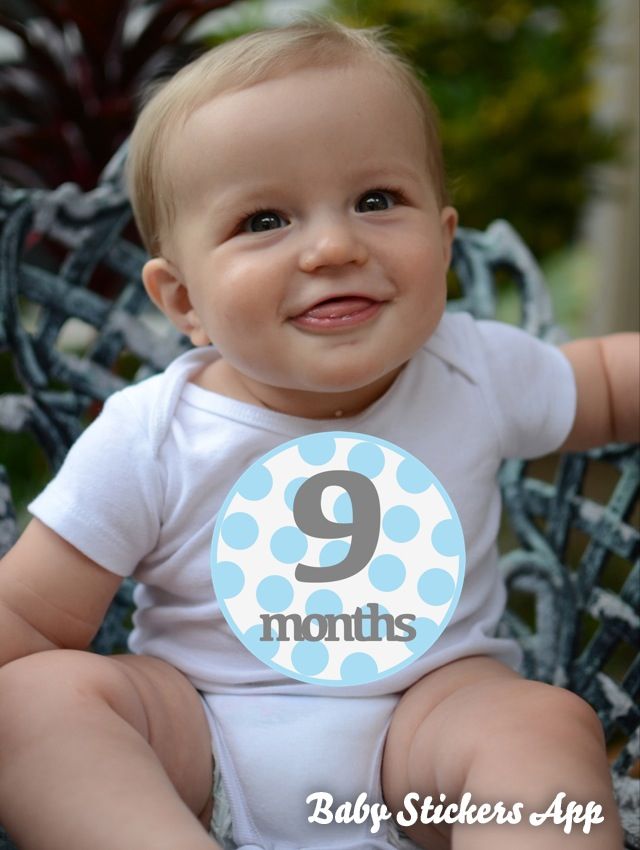
Knock-knock, knock-knock, knock-knock, knock-knock.
(clap with both hands)
The cat does not like the drum,
crawls under the sofa.
(“stepping over” with the fingers of one hand, make an attempt to get by the scruff or bosom of the baby)
And I'll knock on the handle
as much as I want!
(pat the handle with one hand)
And on the leg, I will knock
as much as I want!
(pat the leg with one hand)
And I will knock on the heels
as much as I want!
(pat the heel with one hand)
Speech development
At 9 months, the transition from babble to speech continues. The kid understands a lot of what you say, but he himself pronounces simple words from the same syllables (“mother”, “woman”, etc.). He imitates your speech rather than speaks meaningfully himself. This is an important step: perhaps in a couple of weeks he will gain the ability to say "mom", really meaning mom.
The first conscious words are, as a rule, “mother”, “dad”, as well as designations of other close people who take part in the child’s daily life. But short names of some things and actions may also appear, especially if you practice “lightweight” children's words like “am-am”, “bi-bi”, etc. in communication with the baby.
From the very first words, children develop polysemy. Noticing something in common in objects and phenomena, they can call them the same word. For example, "am-am" can mean food, drink, mother's breast, a cup, a spoon, or even a pacifier.
If your baby hasn't started talking yet, don't worry, 9 months is more early for speech than normal. You should not selflessly "engage in the development of speech" of the baby, just communicate with him more, read, sing, and nature will do its job in due time.
How to play with a 9 month old baby?
Game 1. Spoons on a tray
Place a tray with different spoons in front of the baby: table, tea, wooden, plastic, children's silicone.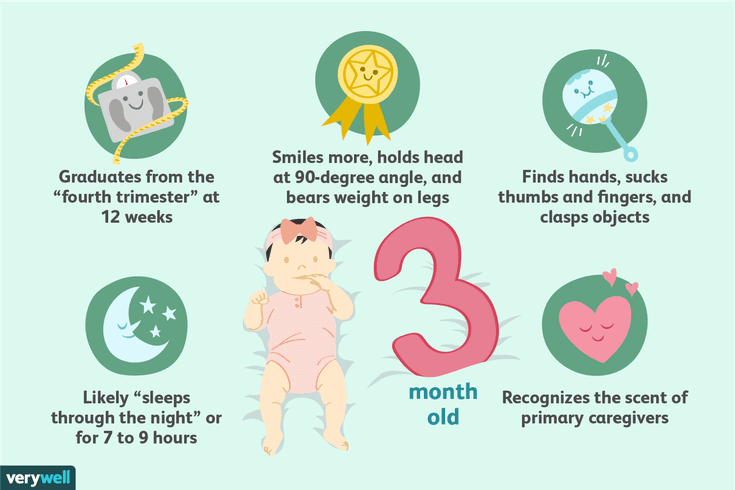 The kid will take them, examine them, put them in his mouth. Such an activity will allow him to know the differences between objects of the same category.
The kid will take them, examine them, put them in his mouth. Such an activity will allow him to know the differences between objects of the same category.
Game 2. “Cold ice floes”
The peculiarity of the game lies in the complex development of musical perception, fine motor skills and tactile sensations. For the game you will need: a bowl of ice and an empty plate. Put them in front of the baby and sing a song:
Cold pieces of ice are in the bowl,
Cold pieces of ice want to play.
Take an ice cube,
Put it on a plate.
(show how it's done)
Take an ice cube,
Put it on a plate.
(take the baby's hand and point it towards the ice bowl)
Take an ice cube,
Put it in a plate.
(repeat these words until the baby has transferred all the pieces of ice from the bowl to the plate, and then you can pour them back into the bowl - and repeat the song and the whole game from the beginning) .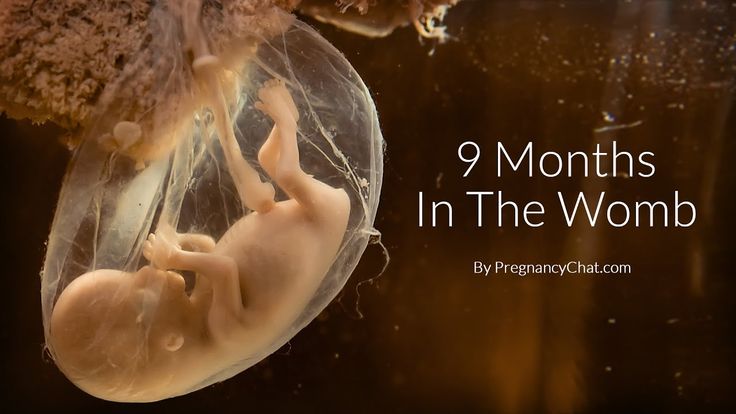
Toys for a 9 month old baby
The toys shown in the article about 8 month olds will remain appropriate for at least a year. Let them not be constantly available to the baby. Hide some of them and periodically take them out when you see that interest in the former is already drying up.
If you want to replenish your stock of educational toys at 9 months, pay attention to those that require different actions of the handles: press, twirl, turn, crumple, shift, open / close, roll, etc.
Like sleep and child development mutually influence each other
A 9-month-old infant normally sleeps 13.5-15 hours a day, of which 2-3 are daytime naps. There are already 2 daytime dreams or the baby is in the process of resetting the third dream. Read more about the night and daytime sleep of a nine-month-old baby in our service "Child's sleep month by month".
BabySleep FAQ this month
Mom:
“Baby is 9 months old.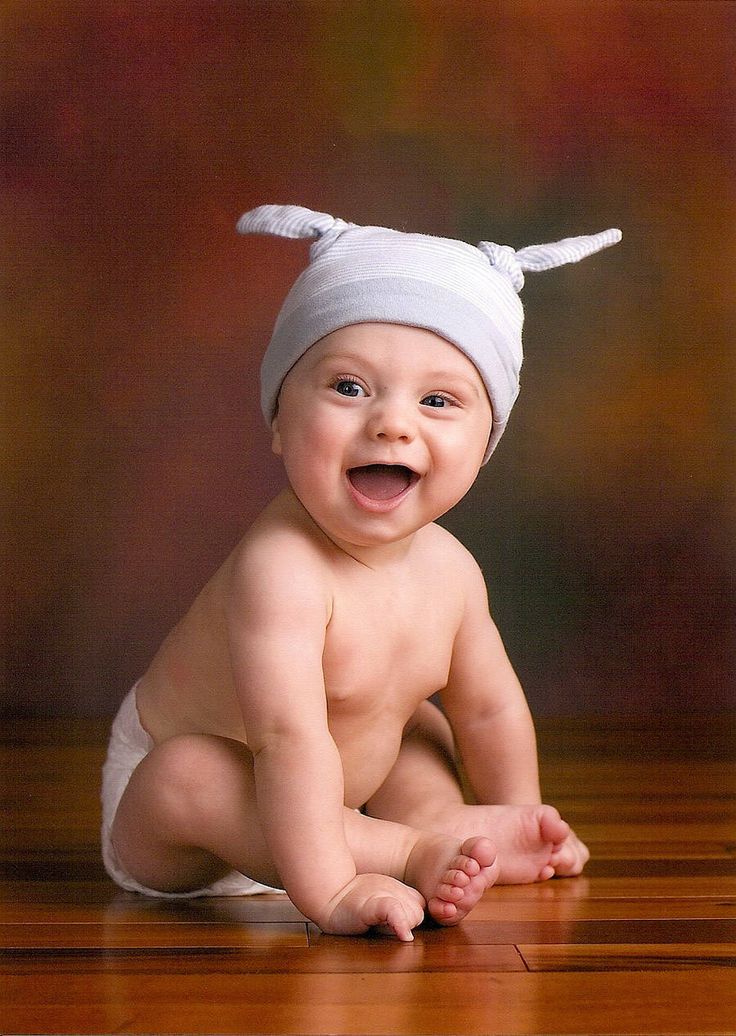 There were always problems with sleep: sometimes it was difficult to put down, then short daytime naps. Now stable 2 daytime sleep for about an hour and a half. On the first daytime sleep, as a rule, he falls asleep with a pacifier next to me, but sometimes he can crawl up, climb up and fall asleep on me. Sometimes he just lays down on me and falls asleep, but always with a pacifier. On the second daytime sleep, we most often walk, respectively, falls asleep in a stroller, but if we do not walk, then we fit in the same way as on the first daytime sleep.
There were always problems with sleep: sometimes it was difficult to put down, then short daytime naps. Now stable 2 daytime sleep for about an hour and a half. On the first daytime sleep, as a rule, he falls asleep with a pacifier next to me, but sometimes he can crawl up, climb up and fall asleep on me. Sometimes he just lays down on me and falls asleep, but always with a pacifier. On the second daytime sleep, we most often walk, respectively, falls asleep in a stroller, but if we do not walk, then we fit in the same way as on the first daytime sleep.
And for a night's sleep we fall asleep either to white noise on our hands with a pacifier, or with a breast in our mouth. Sometimes, when I get tired during the day, my husband or mother puts me in my arms with walking around the apartment. We leave for a night's sleep at 19:00–20:30 (depending on the beginning and duration of wakefulness). For all dreams, laying usually passes without whims, in 5-15 minutes.
The problem is that for the last month the baby has been waking up very often at night: every hour or two (before she used to sleep at first for 4 hours, and then woke up every 2-3 hours).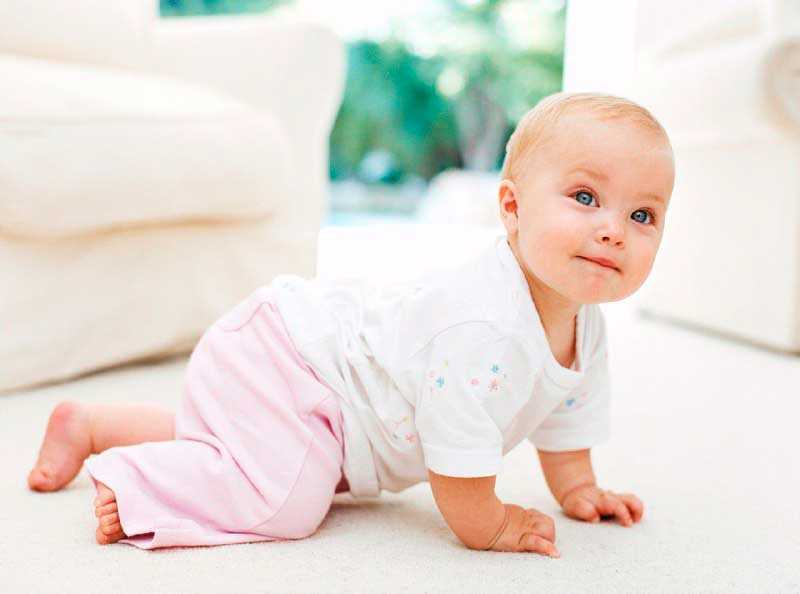 In the first part of the night, it acts to feed, pick up, hold, and then falls asleep, but wakes up at five in the morning and finally gets up. Before a night's sleep, I maintain an interval of wakefulness for 3-4 hours, I try to relax, I give my breast just before laying down. I tried to shift the bed early / later - it doesn’t help, she wakes up just as early. ”
In the first part of the night, it acts to feed, pick up, hold, and then falls asleep, but wakes up at five in the morning and finally gets up. Before a night's sleep, I maintain an interval of wakefulness for 3-4 hours, I try to relax, I give my breast just before laying down. I tried to shift the bed early / later - it doesn’t help, she wakes up just as early. ”
CONSULTANT'S ANSWER
Anna Bakhareva
Top Sleep Consultant, BabySleepConsult Senior Supervisor, psychologist
In your situation, the main reason for frequent awakenings is not the routine, but the baby's strong associations with sleep. She is used to falling asleep with your participation, so when she wakes up at night, it is difficult for her to fall asleep again on her own. The fact that she used to sleep well before, most likely, speaks of a calm temperament and a stable nervous system, but after another jump in development, sleep could “break”. I would recommend gradually moving away from existing associations: calming (primarily when laying down in the evening) in the usual way, on the arms or on the chest, but taking the breast before falling asleep (letting you fall asleep without a breast in your arms), and then shifting the still awake from your hands .
How BabySleep can help
If your baby wakes up frequently every night and can’t fall asleep on his own, it’s difficult and takes a long time to fall asleep, you can’t separate food and falling asleep on your own, seek help from a sleep consultant.
#developmental leap#mother'smassage#games with a child nextArrow: '', responsive: [{breakpoint: 1199, settings: {arrows: !1, infinite: !1, slidesToShow: 1}}] }) })
Child development at the 9th (ninth) month of life: what a child should be able to do
What a baby can do at 9 months
From the 9th month, the weight gain will decrease, which is due to an increase in the child's motor activity. At this age, a sense of hygiene begins to form, the baby clearly understands the difference between a dry and a wet diaper. It's time to start potty training your baby.
What a child should be able to do at 9 months:
- Crawling on all fours, if you want to move in a plastun way, which is not considered a developmental pathology.
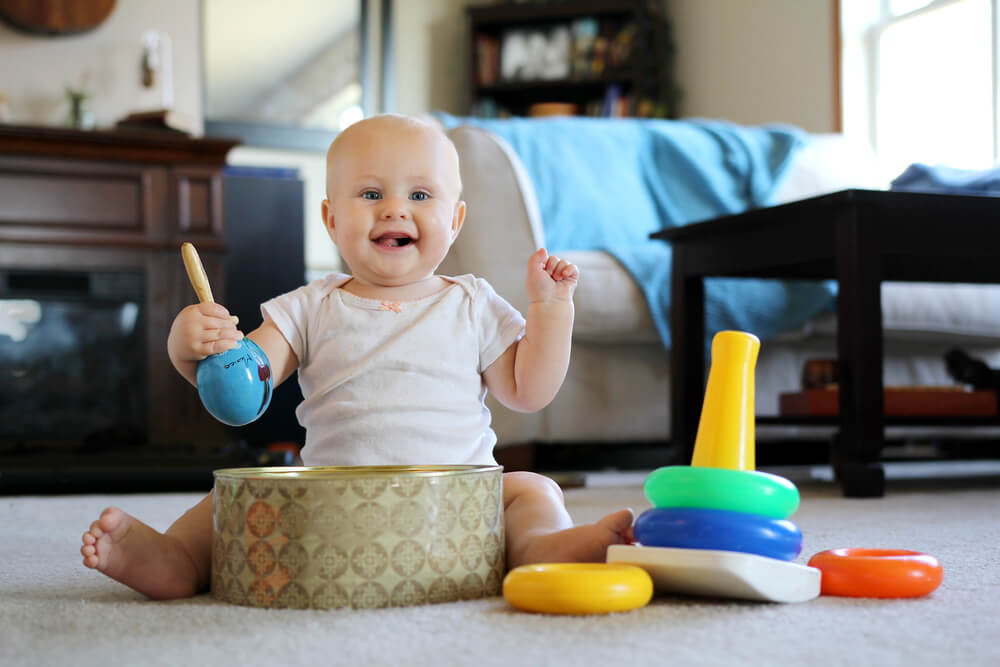
- Sitting on the bottom for a long time, without additional support.
- Holding onto a support, stand on straight legs for a few minutes.
- From 9 months to train, walk. Hold his hands - he will take confident steps.
- Hold objects firmly in your hands. The child will let them go only after he loses interest in them.
- Brightly express emotions, if the child does not want to do something - turn away, crawl to the side. The peanut will push away the mother's hand when trying to give him a previously disliked fruit or vegetable.
Baby skills at 9 months:
- Will effortlessly tear a tissue or tissue paper - it is extremely important that interaction with new objects and textures takes place under strict parental control.
- Takes two toys in his hands and uses them in various manipulations (knocks each other, throws, tries to connect).
- Claps hands, plays patty.
- Understands which toy he needs or which one is more interesting.

- Knows how to turn over the cardboard sheets of children's books, carefully examines the images.
- Points with a finger at familiar objects (more often it is mom or dad, as well as a pet).
- Able to assemble a pyramid by stringing rings.
Starting from the 9th month, the baby develops new skills. So, the child begins to memorize simple parts of the body and, upon request, can show where the pen or eye is.
It is important to take your child outside as often as possible. The kid observes the environment with interest, he is interested in bright objects. Watching birds, people, other children has a positive effect on his socialization in the future.
Baby height at 9 months - norms for boys and girls
According to Russian pediatrics, the growth of a child at 9 months should be in the following range:
- Girls: 67.4 to 74.2 cm.
- Boys: 68.1 to 75.3 cm.
WHO values are slightly different.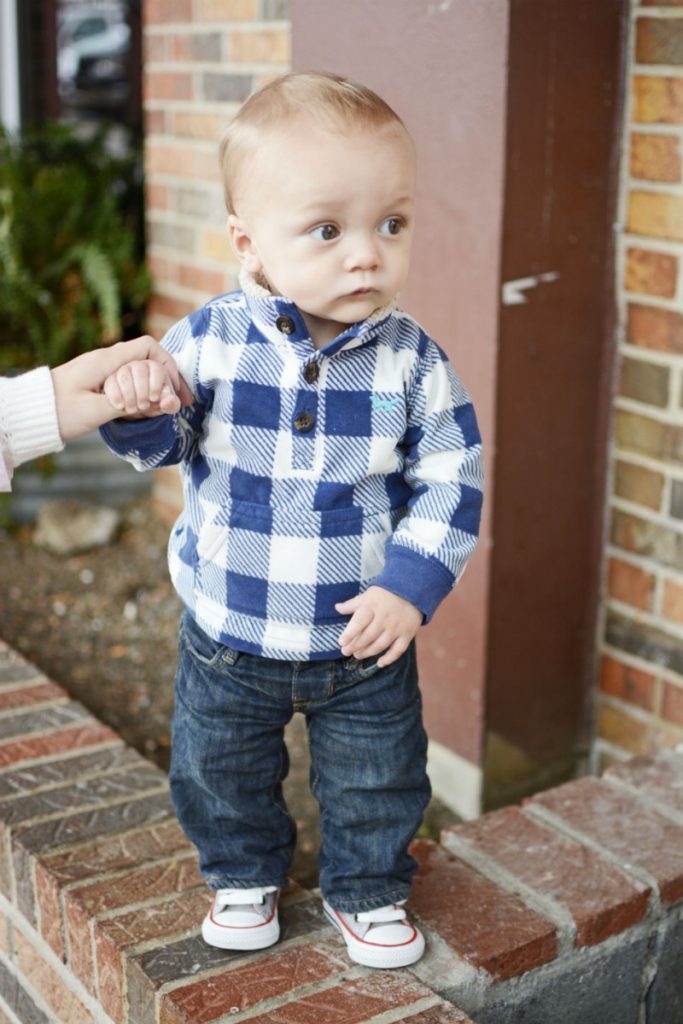 According to this organization, children of 9 months should have the following growth indicators:
According to this organization, children of 9 months should have the following growth indicators:
- Girls: 65.2 to 75.1 cm.
- Boys: 67.4 to 76.6 cm.
Baby weight at 9 months - norms for boys and girls
According to Russian pediatric specialists, the weight of a child at 9 months should be in the following range:
- Girls: 7.3 to 9.9 kg.
- Boys: 7.8 to 10.7 kg.
The World Health Organization recommends following these limits:
- Girls: 6.4 to 10.4 kg.
- Boys: 7.0 to 10.9 kg.
Mental development of a child at 9 months
The mental development of children at 9 months is actively continuing, the child is interested in learning about the world, studying objects. Fine motor skills continue to develop, which contributes to the subsequent development of the speech apparatus. At this age, the child tries to speak simple syllables and make sounds that take on the shape of the words "mom", "dad".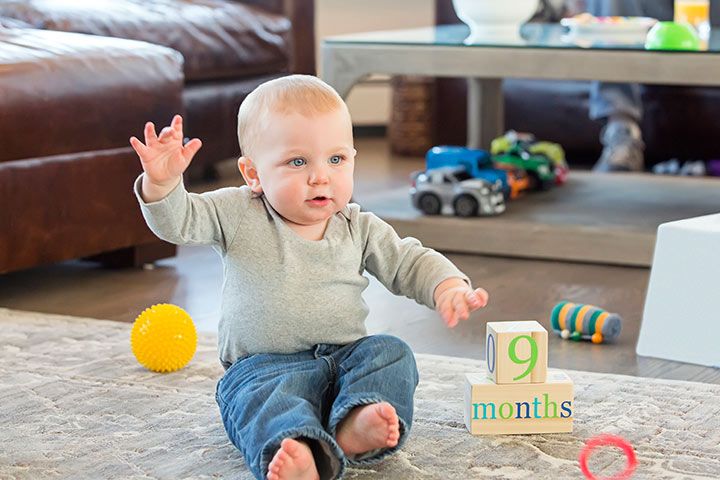 At the same time, the baby already understands who exactly he is addressing.
At the same time, the baby already understands who exactly he is addressing.
The little one already knows his own name, reacts violently to it and turns around when called. The child's emotions are manifested more and more brightly - fun is accompanied by loud laughter, discontent - irritation, crying.
At the age of 9 months, the baby is able to formulate his desires, he can point his finger at an object of interest to him. Understands simple phrases like “come to me”, “give me a toy”, “take an apple”.
During feeding, the child independently holds a mug or a bottle, some children confidently hold a spoon. The sound, visual system is well developed: the baby understands where the sound comes from and in which direction to look.
Often at this age, babies do not like to play with their toys, household items are more interesting. One of my favorite activities is to knock on the pan, scatter napkins.
Reading for a child at this stage of development is now especially interesting.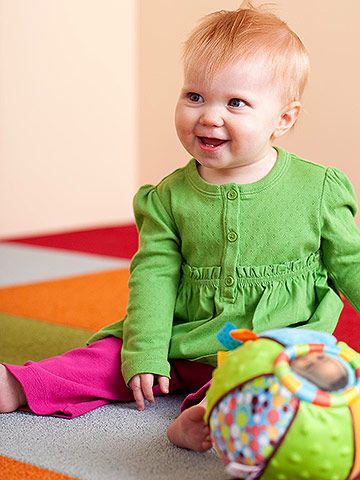 He will listen carefully to his mother, try to turn the pages of the book and look at the colorful pictures.
He will listen carefully to his mother, try to turn the pages of the book and look at the colorful pictures.
At around 9 months, many babies develop separation anxiety. For example, when the mother leaves the room, the child begins to worry, may cry. Psychologists recommend playing hide and seek more often - this can help reduce fear and discomfort.
The child is already developing a sense of humor and responds joyfully to gestures such as waving arms or kissing.
Baby care at 9 months
The child is now so mobile that he will constantly find new objects that he can pick up, throw or try to take apart.
Make sure that the space in which the baby is located is absolutely safe.
Caring for a child at 9 months old - without special features and characteristics. It is also necessary to pay attention to the hygiene of the baby, especially before changing the diaper. Full bathing with soap products is recommended no more than twice a week.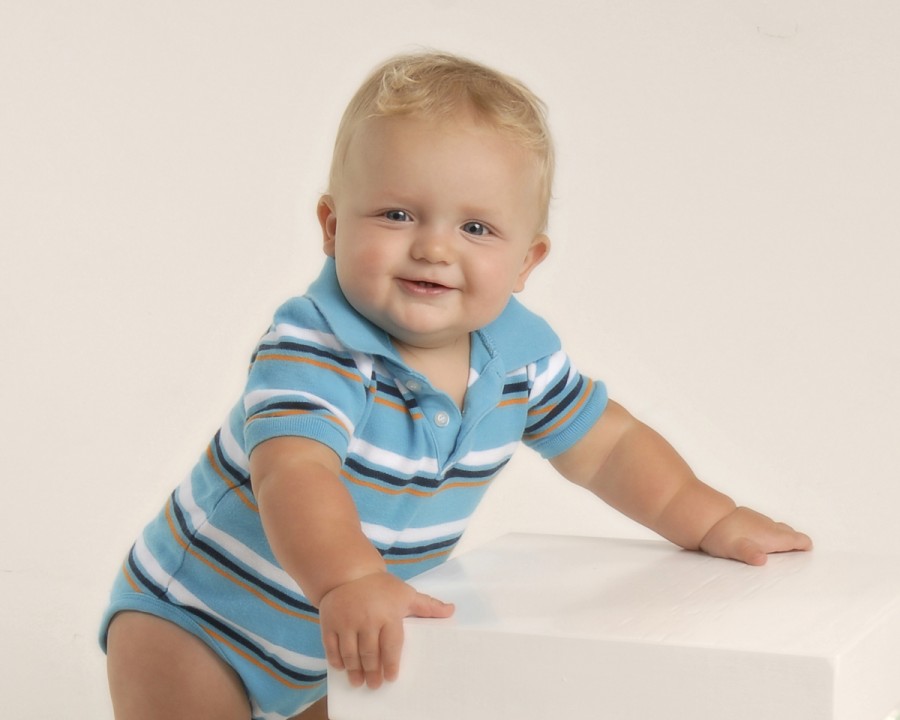 If the little one likes being in the bath, it is allowed to arrange daily water procedures before dinner (without soap and shampoos).
If the little one likes being in the bath, it is allowed to arrange daily water procedures before dinner (without soap and shampoos).
At this age, parents begin to think about buying walkers, they think that this way the child will learn to walk quickly and correctly. The opinions of experts about such a product cannot be called unambiguous.
However, most experts say that walkers can cause some damage to the musculoskeletal system of the child, if he has not yet learned to keep his back straight.
Even the most expensive and high-quality walkers will create an additional load on the spine, causing its curvature in the future.
In addition, the use of such a device will not teach the child balance. In a walker, he would rather hang than stand straight. This will make it difficult for the baby to learn to walk independently by 12 months. Also, some experts note an increased risk of developing flat feet.
Baby's sleep at 9 months
All babies of this age sleep for 7-10 hours at night and do not wake up.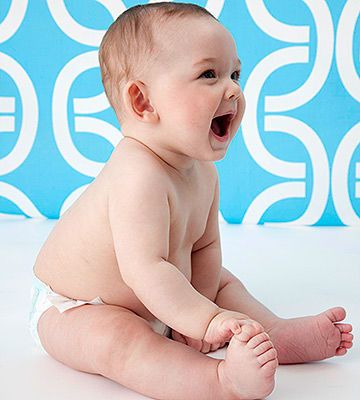 But breastfed babies may wake up several times a night and demand milk. Daytime sleep is reduced to 2 times a day, as a rule, it is 1-2 hours. Some children prefer to sleep 3 times a day for 40-50 minutes. This is a variant of the norm and suggests that while the child is not ready for a longer wakefulness.
But breastfed babies may wake up several times a night and demand milk. Daytime sleep is reduced to 2 times a day, as a rule, it is 1-2 hours. Some children prefer to sleep 3 times a day for 40-50 minutes. This is a variant of the norm and suggests that while the child is not ready for a longer wakefulness.
Parents should pay attention to the fact that sleep disorders can develop at this age, which are often associated with external stimuli.
Sleep disturbance can be observed against the background of a bright light source, uncomfortable temperature conditions, poor sound insulation.
To avoid such disturbances, one should not play in the evening, especially before going to bed. Doctors recommend a warm bath and back massage, which allow the baby to relax and improve his sleep.
Communication with parents and the world at 9 months
The child is beginning to understand his parents better, which means that you need to learn to say “no” to him.



